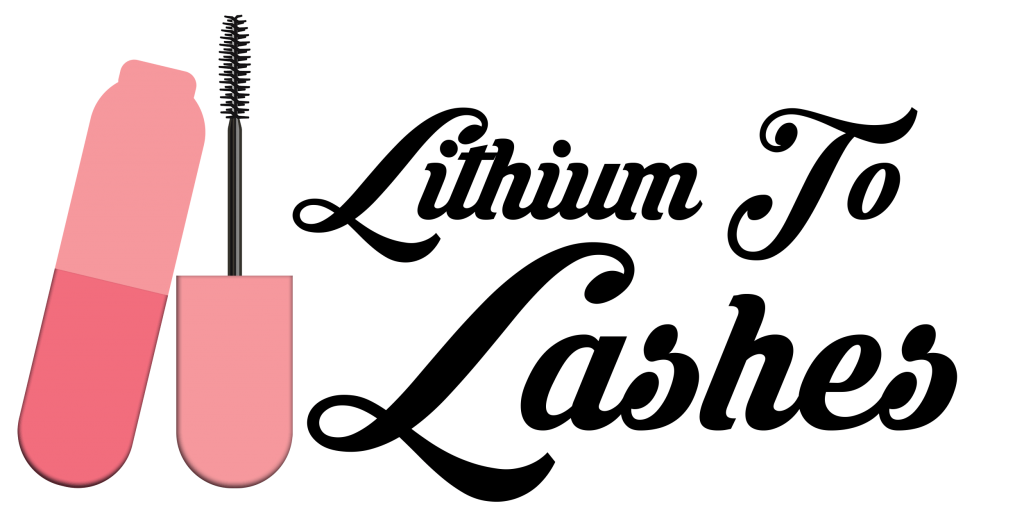“Women are so emotional.” “Women don’t know what they want” “Do you want attention or do you want space? *insert meme* Yes?”
As a woman and someone living with bipolar disorder, these tropes have been something that has grated on me for a while now. Yes, I understand the humor in them. However, far too many people apply these hyperbolic jokes to their actual interactions with me and other women to the point where it becomes gas lighting. I do know what I want. I do communicate my needs openly and often. But in terms of heterosexual relationships, men don’t listen. Add on top of the outright sexism, that I have a mental illness and I might as well be seen as feral and unable to be understood. I will say I’ve had significantly less of these interactions with my friendships with men. I have my theories on why this is and it has nothing to do with “the friendzone.”
I’ve been in some form of treatment for my bipolar disorder for over half my life at this point and if I’ve gotten nothing else out of it, I’ve gotten effective communication skills. These have been invaluable when it comes to building and maintaining relationships with friends and family. I say what I mean and I mean what I say while doing my best to not place blame or create a hostile exchange. Yet and still in any of my romantic relationships with men, whether budding or solidified, I am rarely listened to.
I am very open and vocal about what I need and where I can compromise but when an issue arises around these topics and I voice my frustration, I’m met with a reaction of…

Why? Because so many men have internalized those jokes about women not knowing what they want, so my words are brushed off, also these mofos don’t be listening in the first damn place. I can’t count how many times I’ve had to repeat myself and say “I told you about this XYZ days/weeks/months ago and this many times.” However, men are socialized not to listen to women and even more so if we have any sort of mental illness.
I’m explicit about what I want and need when I’m okay and what I want and need when I’m struggling. However, when that’s not provided and I get mad, somehow it becomes “How would I know if you won’t tell me?” But I did tell you and you chose not to listen. I’m entirely too old for the games that have become common with dating and I don’t do the silent treatment so that you can guess how I feel thing. It’s a waste of time and not conducive to any sort of healthy relationship. Sadly, I’ve found that all too often, despite what they may say, this is off-putting for a lot of men. They can’t feign ignorance and place blame on you when they fuck up if you are clear and direct with them. They can’t argue their innocence if the law was laid down clearly. I would absolutely accept an “I’m so sorry. I forgot you told me that but I will work on this in the future” as long as there was an actual effort to work on this in the future being made. But apparently, sincere apologies are an allergen that may kill them so they are few and far between.
The notion of women not knowing what we want is one of the stereotypes that goes against everything that actually happens in real life. From the time we are able to walk, women are socialized A. for heterosexual pairings and B. to develop a “type” from the traits society tells us make an “ideal man.” The thing is, when you take out the women who are not attracted to men from the equation, that there aren’t enough men that fit the “ideal man” archetypes to pair with all the women looking. So instead of being encouraged to fit this archetype, in the way women are badgered to fit the archetype of “wife material” they instead say that we just don’t know what we want. It’s one the most accepted and pervasive forms of gaslighting we see in society.
Now I will say that I’ve seen some hetero relationships with healthy communication, but both partners were equally adamant about open and honest communication. Yes they still had arguments and there was sometimes miscommunication due to different interpretations, but issues weren’t left to fester til and explosion, topics were addressed without vague messages, and what was said was taken at face value as opposed to being looked at as cryptic puzzles to solve. This has been what I’ve strived for in my own relationships. However, I’ve been met with passive aggressiveness, lies, intermittent ghosting, and gaslighting.
I know what I want, and so do many many women, but when the overwhelming message to those that want to partner with us is that we are ambivalent, illogical, drama queens how do we shake that stereotype?







Let me know what you think